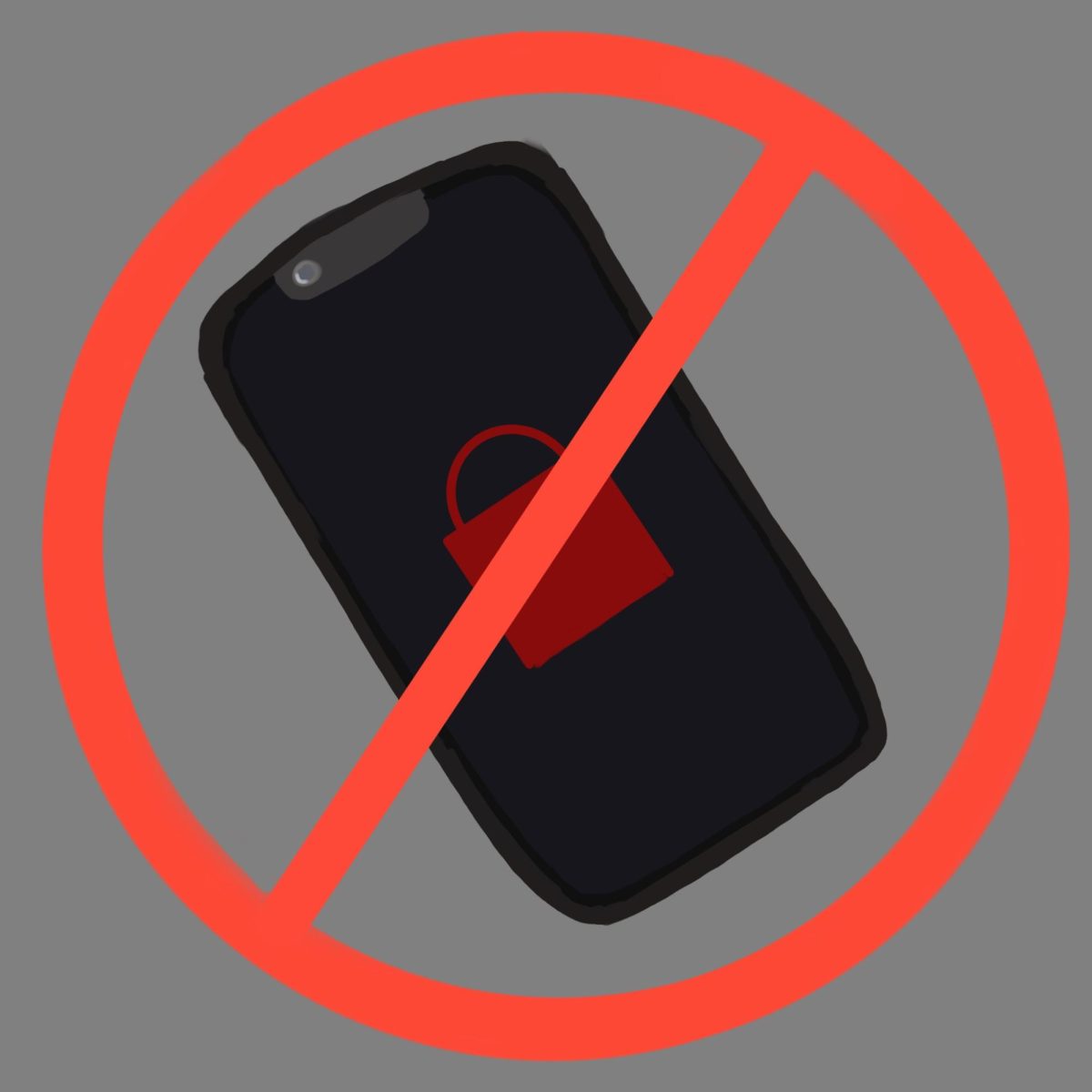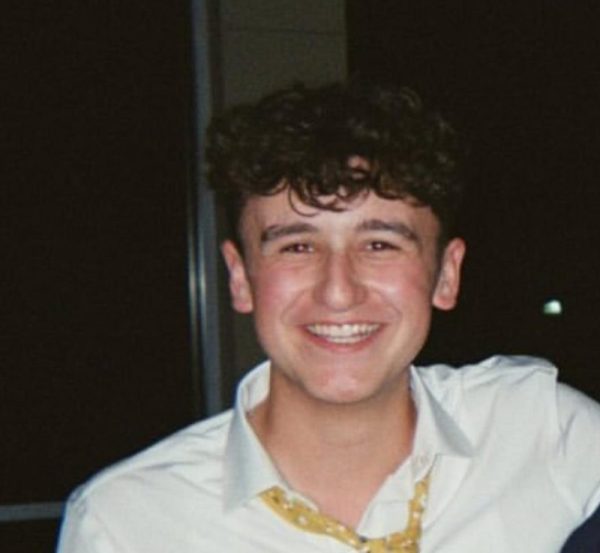This spring, the Iowa Legislature passed HF782, a new law requiring all public K–12 schools in the state to prohibit student cell phone use during instructional time. Signed into law by Governor Kim Reynolds on April 30, the policy aims to minimize digital distractions in classrooms. Though widely supported in the Legislature and by many educators, the law has sparked debate among teachers, students, and administrators within this building and across the district.
The law, which goes into effect during the 2025–26 school year, leaves specifics up to each district but sets a firm baseline: phones must be put away during class. Exceptions are allowed for students with medical needs or IEP/504 plans. Districts may go further, such as implementing full-day bans, but are not required to.
Dr. Vickie Murillo said the district will use the coming weeks to shape a policy that reflects both the law and local input.
“We appreciate the state’s focus on removing distractions from the learning environment,” Murillo said. “We will work diligently to create and implement a policy that meets both state and our community’s expectations.”
Diane Ostrowski, the district’s communications director, said Council Bluffs is considering a middle-ground approach. The idea received favorable feedback from students at the district’s student summit in November.
“Most students in our summit said they’d accept limits during class but wanted access at lunch and passing periods,” Ostrowski said. “Our goal is clear: consistent expectations.”
Paula Cultice, an 8th-grade English teacher at Kirn Middle School, expressed confidence in the current enforcement system, saying that Kirn’s current method—a three-step warning procedure (after three warnings, the phone is taken to the office)—is effective: “The kids here respect it and they know.”
This sentiment was echoed by Dr. Murillo, who also stressed the importance of warnings before more serious consequences.
“It will be important to clearly communicate expectations for all students as well as the consequences if students do not comply.”
Teachers like Emily Sipp, an iJAG instructor for 9th and 10th grades, expressed mixed feelings about the new law.
“I agree that phones are an issue,” Sipp said. “But what we’ve been doing doesn’t work and causes friction. If district-level leaders and administrators want this to succeed, they would need to give us exact guidance.”
Another teacher, who asked to remain anonymous, questioned the validity of the summit results. “They cherry-picked students who would give the answers they wanted,” the teacher said.
Cultice also highlighted potential issues regarding safety. “Middle schoolers decide to stay after school and decide not to ride the bus and decide to walk home,” she explained. “As a parent, if their phone is at home, they’re not going to know that. I would think that parents would have gone and rioted at the Capitol when this came out.” Cultice emphasized her belief that phone regulation should be left to parents rather than lawmakers.
“I think phones should be entirely removed from high school classrooms,” said Kenny Neelon, a security guard at Abraham Lincoln. “But putting it all on the teachers is going to be tough—it needs to come from admin.”
While some students acknowledge that phones can be distracting, they argue the solution isn’t straightforward. ALHS freshman Bailey Kennett noted inconsistency across classrooms.
“Some teachers give you three warnings, others take your phone right away, and some don’t care at all,” Kennett said. This idea is supported by a study by Auburn University, which found that some teachers would be lenient or look the other way at minor violations, which led to more students disobeying the rule in general.
That inconsistency is part of what the law aims to resolve. Josh Turek, a Democratic state legislator representing part of Council Bluffs, told the Echoes he received “hundreds of emails from teachers around the state” describing cellphone use as the number one classroom distraction. “We’re not trying to micromanage—just set a floor,” he said.
Still, some educators view that framing as overly simplistic.
“You create legislation, you vote on it, but you have no actual solutions to the problem,” said Sipp. “And you’ve still put it back in the teacher’s lap.” She added, “This is just another example of people making laws without having to live through their consequences.”
Even school resource personnel have expressed concern. Officer Kennedy, the school’s SRO, said she can not be involved in enforcing the policy. Neelon, who already handles many of the school’s device retrievals, said his role likely won’t change much. However, he emphasized that enforcement needs to come from the administration, not individual teachers.
Research suggests that phone restrictions improve classroom focus and academic performance by roughly 6 percent overall, and by up to 14 percent for students who struggle to stay on task. However, for a law like HF782 to succeed, many in the district say it will take more than good intentions. Clear procedures, consistent enforcement, and administrative support will be essential.
The district’s final policy must be adopted by July 1, 2025. Until then, Council Bluffs teachers, students, and staff are left waiting to see what enforcement will look like—and whether this statewide mandate will help more than it harms.









